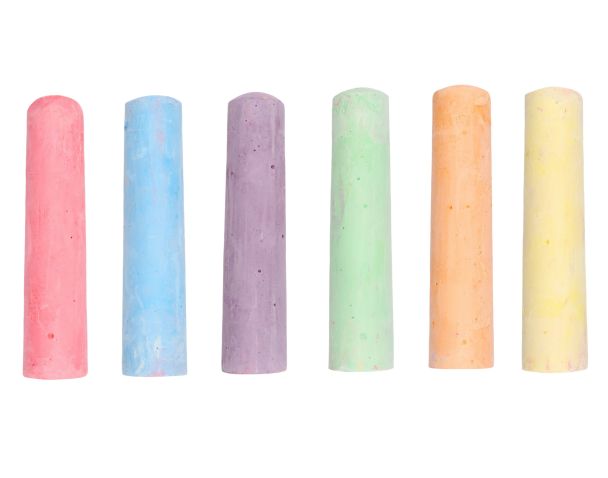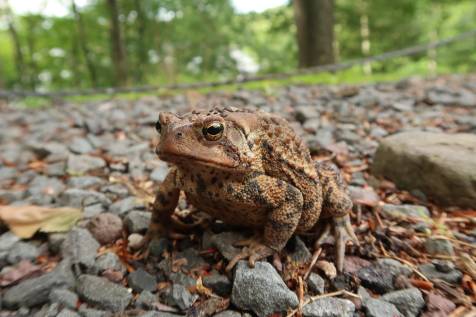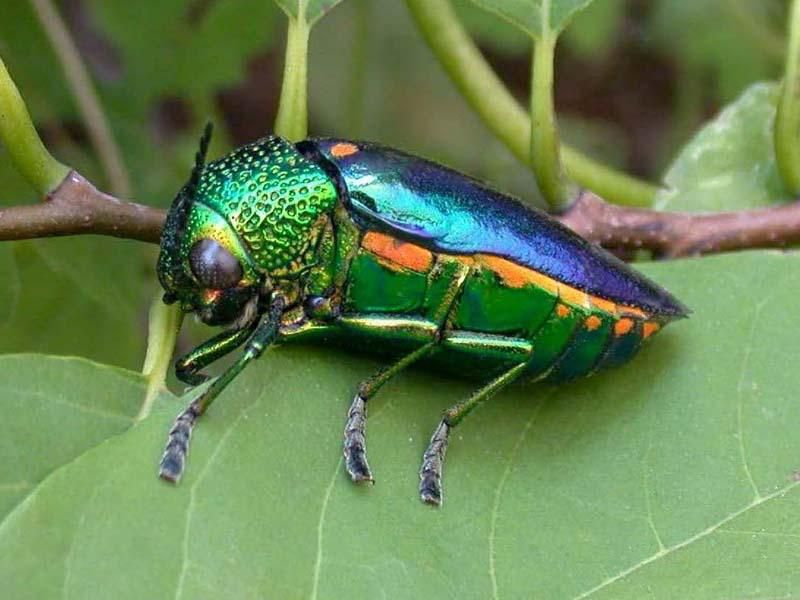Marijuana, also commonly known as “weed,” has become legal in many areas and is becoming easier to access. As a result, dogs are increasingly able to come into contact with marijuana in various forms. However, pet parents need to be warned that weed can be toxic to dogs and other pets.
Connect with a verified veterinarian in minutes. Licensed vets are available 24/7 to answer your questions. No need to worry about your furry family member.
What If my Dog Eats My Edibles?
Most issues arise when a dog eats an edible snack that includes weed as an ingredient. It may be special brownies or cookies, etc. The danger is due to the amount of marijuana in the edible. The dose is usually meant for an adult human, not a dog. Any form of marijuana—from edible snacks to raw plant materials can be toxic to dogs.
If a dog eat weed brownie, he can become ill very quickly. It will depend on the amount of weed compared to his size. Small dogs that a large amount of weed will have more health issues than a large dog eating only a small amount weed.
What if a Dog Eat Marijuana Joint?
The same applies in case your dog eats a marijuana joint. Again, if you have a small dog and he eats a lot of weed, he’ll have more serious symptoms within minutes of eating, while a larger dog that eats only a little weed will have fewer symptoms that won’t be as serious.
The ingredient in weed that causes problems is THC. This is the substance in marijuana that causes a high. In fact, a large amount of weed can be toxic or lead to death; it takes only three grams of THC per kilograms of your dog’s weight to be potentially lethal. Smaller amounts can still be harmful, even leading to seizures and coma. So, while many videos of high dogs on YouTube may be amusing, the situation is not funny. Weed is toxic and could even kill your dog. That’s no laughing matter.

Review symptoms, medications & behavior to keep your pets healthy with a Vet Online in just minutes.
Ask a Vet Live NowWhat are the Symptoms My Dog is High?
Dogs can become high, just like humans, by ingesting weed. Marijuana effects each dog in a different way, again just like it effects each human in a different way.
Here are some symptoms that may indicate your dog has ingested marijuana:
- Breathing trouble
- Low blood pressure
- Lethargy
- Abnormal heart rhythm
- Loss of balance
- Urinary incontinence
- Jitteriness
- Restlessness
- Hypersensitivity to touch, sound, lights
- Dilated pupils
- Paranoia
- Drooling
- Seizures
- Coma
- Death
If you believe your pet is high and is showing any of the above symptoms, you must get him to the vet as soon as possible. Your veterinarian is not required, by law, to report your pet for eating weed. You don’t need to fear the vet will turn you in for having marijuana. So, you’ll need to tell the vet exactly what happened and how much you believe the dog has eaten in order to get the right treatment for your fur baby. Don’t hesitate to share details with the vet—this information could just save your dog’s life.
The first thing your vet may do is a physical exam. After that, they may choose to take a urine sample to confirm your pup has eaten marijuana. It only takes about five to ten minutes to get the test results.
Treatment for Dog Weed Ingestion
Treatment for weed intoxication will involve on getting the substance out of your dog’s system. If your dog ate marijuana within 30 minutes of seeing the vet, and your pet seems alert and otherwise to be acting normally, then the vet may choose to induce vomiting to get the substance out of your dog’s digestive system. It’s important to know that you should not try this at home, just to avoid taking your fur baby to the vet. Making your dog vomit can lead to serious complications such as aspiration or choking and even death if not done correctly.
After this, the vet may recommend that your dog stay at the clinic for 12 to 24 hours, so he can be closely monitored for any serious complications. Your dog may need IV fluids and oral activated charcoal, which work to absorb the weed in your fur baby’s system. IV fluids also help your pup to void the toxins when he urinates or defecates. Most dogs will come out of this OK if they receive the necessary treatment; however, your fur baby should never have access to your weed stash or marijuana edibles.
What if a Dog Eat Cannabutter?
My dog ate a lot of cannabutter, what should I do? The symptoms from eating cannabutter can be just as serious as any other type of Mary Jane edible. It’s important to get your fur baby to the vet as soon as possible. Don’t wait.
What About CBD Oil – Can This Harm my Dog?
CBD oil is a little different than weed. First, CBD (also known as cannabidiol), is a substance found in cannabis and hemp. Most of the time, CBD oil does not contain much THC, the ingredient in weed that makes you high. CBD oil does not come from marijuana.
Not much research has been done to see how CBD oil affects dogs. The substance, in humans and dogs, binds with the endocannabinoid receptors in the central and peripheral nervous systems. These help to balance the body and keep it healthy.
CBD Oil and Dogs’ Health
As we said, not much research has been done on whether or not CBD oil is safe for dogs. It contains no THC, so your dog won’t become high and it can have some medicinal uses in humans. When it comes to dogs, no one’s completely sure. In humans, CBD oil has been used to treat a variety of medical issues including stress, arthritis, anxiety, nausea, seizures, back pain, symptoms of cancer and digestive issues. Some vets believe it is safe to use CBD to help your dog with similar health issues.
Unlike some medications, especially those for treating pain, CBD does not have life-threatening side effects when given at the right dosage. It won’t damage your dog’s kidneys, liver or his digestive tract. Plus, your fur baby won’t be sedated or become high. In addition, dogs rarely become poisoned from CDB oil, as long as they’re given the right dose. In fact, chocolate can be more toxic than CBD oil, in most instances.
How is CBD Oil Given to Dogs?
The typical dosing is oral, though CBD oil can also be applied topically for some medical conditions. The oil can also be given in addition to other medications and treatments. However, correct dosing is key here—too much could make your dog sick. If you’re interested in checking out CBD oil for your fur baby, you should first consult your vet. They will know if this could be an appropriate treatment for your canine companion and will be able to advise you on the proper dose.
CBD Oil for Senior & Disabled Dogs
CBD oil may be a helpful treatment for senior and disabled dogs. It’s sometimes given to help with pain management and maintain quality of life. Pain may be caused by old age, an injury, surgery, etc. It can help anything from hip dysplasia to arthritis; CBD oil can help reduce the amount of pain your fur baby lives with, making him more comfortable in the long run.
It can also help reduce inflammation, which is a large source of pain in senior and disabled dogs. It can be taken orally or applied directly to painful areas on the skin. It also has fewer side effects, which are also less severe, than prescription medications. The oil can also be combined with traditional pain medications and given at the same time. CBD oil has also been shown to help improve mobility in disabled and senior dogs. While CBD oil seems to be safe for dogs, if you’d like to consider this treatment for your own fur baby, then it’s a good idea to check with the vet. They’ll be able to tell you if the substance could help your dog and give guidance when it comes to the proper dose for your dog, too.
What About Hemp Oil for Dogs?
For a while, there’s been some confusion about the difference (if any) between CBD oil and hemp oil. Until recently, these terms have been used interchangeably by people who don’t understand the difference, and there is a difference. Hemp oil comes from the seeds of the hemp plant, while CBD oil is derived from hemp flowers and works with the body’s endocannabinoid system. Hemp oil contains very minute amounts of THC; however, it does contain nutrients can be beneficial for your fur baby.
Hemp seed oil is rich in essential fatty acids including omega-3 and omega 6, GMA (gamma linolenic acid). These fatty acids can help with inflamed joints, make your pup’s skin and coat healthier, etc. This is not given for medicinal purposes in dogs—it’s only used to compliment his nutritional needs. Again, if you’re interested in giving your dog hemp oil, it’s a good idea to check with the veterinarian for the right amount to give your dog.
Summing It Up
We’ve covered a lot of information in this article—everything from marijuana (weed) to CBD oil and hemp seed oil for your dog. Marijuana is not recommended for dogs, as it can cause toxic reactions and even lead to death. Those online videos are funny, but a dog that eaten too much weed can quickly become seriously ill or worse. However, CBD oil and hemp seed oil can be beneficial to your fur baby. However, given in the wrong amounts, these may also cause health issues.
So, if your dog eats weed, then get him to the vet as soon as possible. Share all the details you know in order to help the vet properly treat your dog. Sharing these details could save your fur buddy’s life. If you’d like to find out if hemp seed oil or CBD oil may be helpful for your dog, then check with the vet. They’ll have the best knowledge of your dog’s health, the medications he’s already taking and if these substances could perhaps help with pain and other issues. We wish you and your fur baby the best of health and happiness!
Connect with a verified veterinarian in minutes. Licensed vets are available 24/7 to answer your questions. No need to worry about your furry family member.

Kyoko
Kyoko is from a family of 3 and moved to New York with her parents and siblings when she was 13. Kyoko is fond of spending a great amount of time with pets, specifically her beagle Luna and cat Missy. Her boyfriend often complains that she spends too much time giving attention to their animals. Kyoko has written dozens of articles concerning pets and is aiming at owning a pet shop one day!
Review symptoms, medications & behavior to keep your pets healthy with a Vet Online in just minutes.
Ask a Vet Live Now




